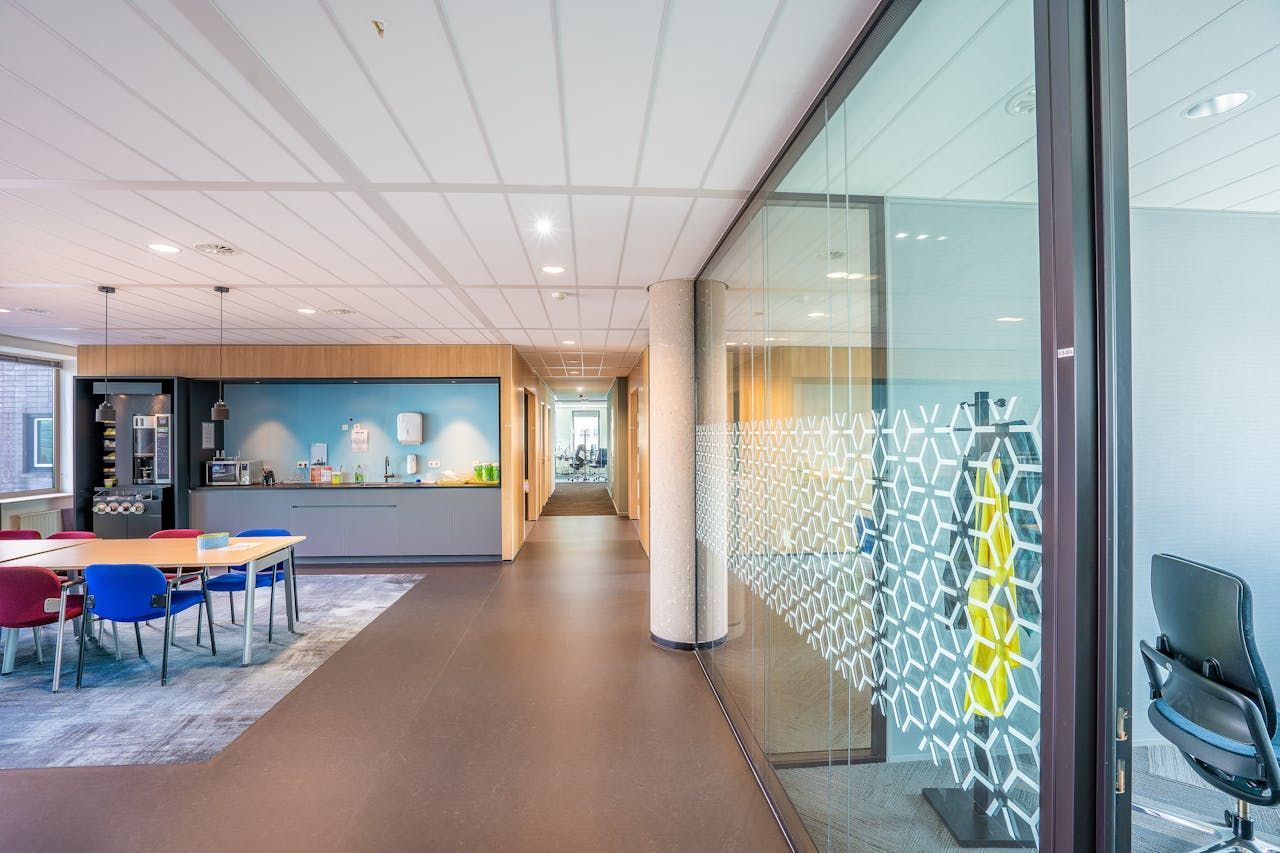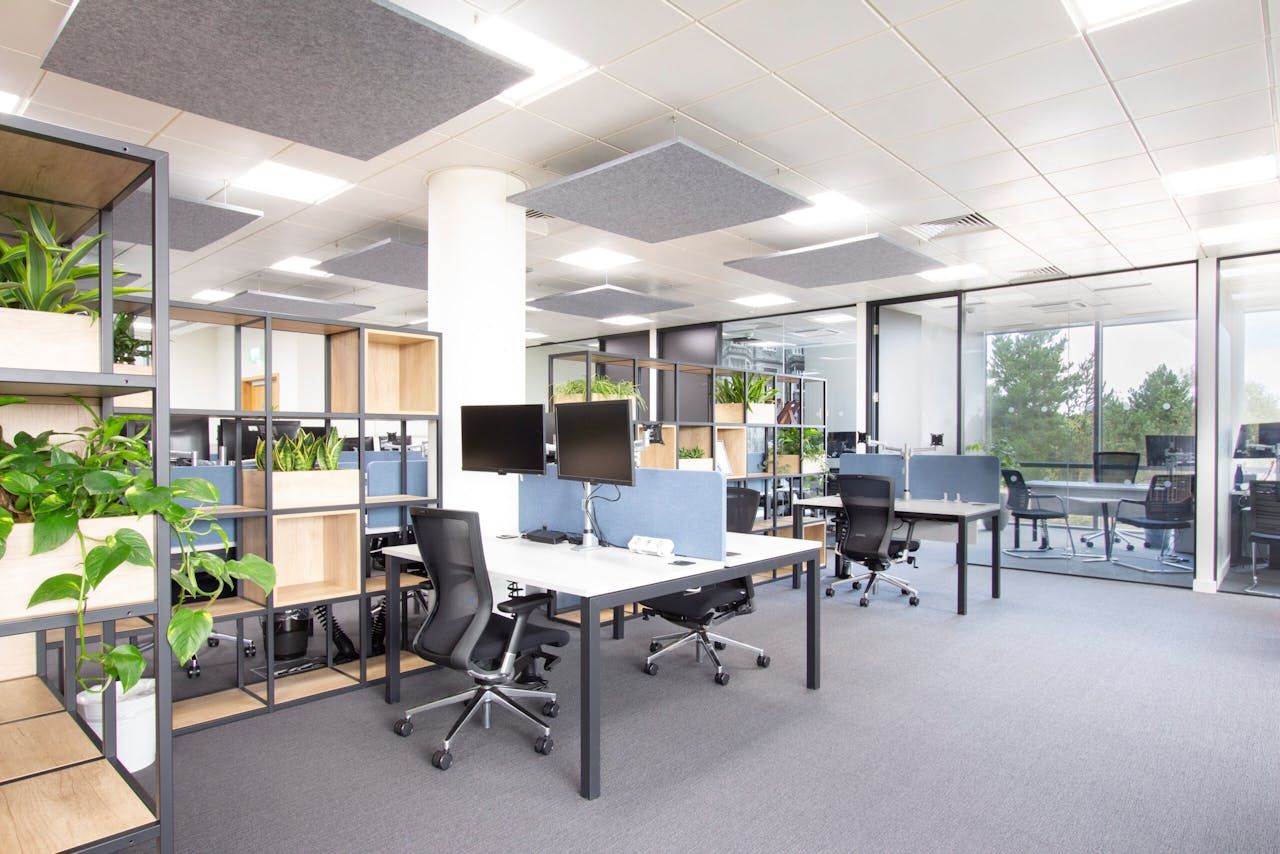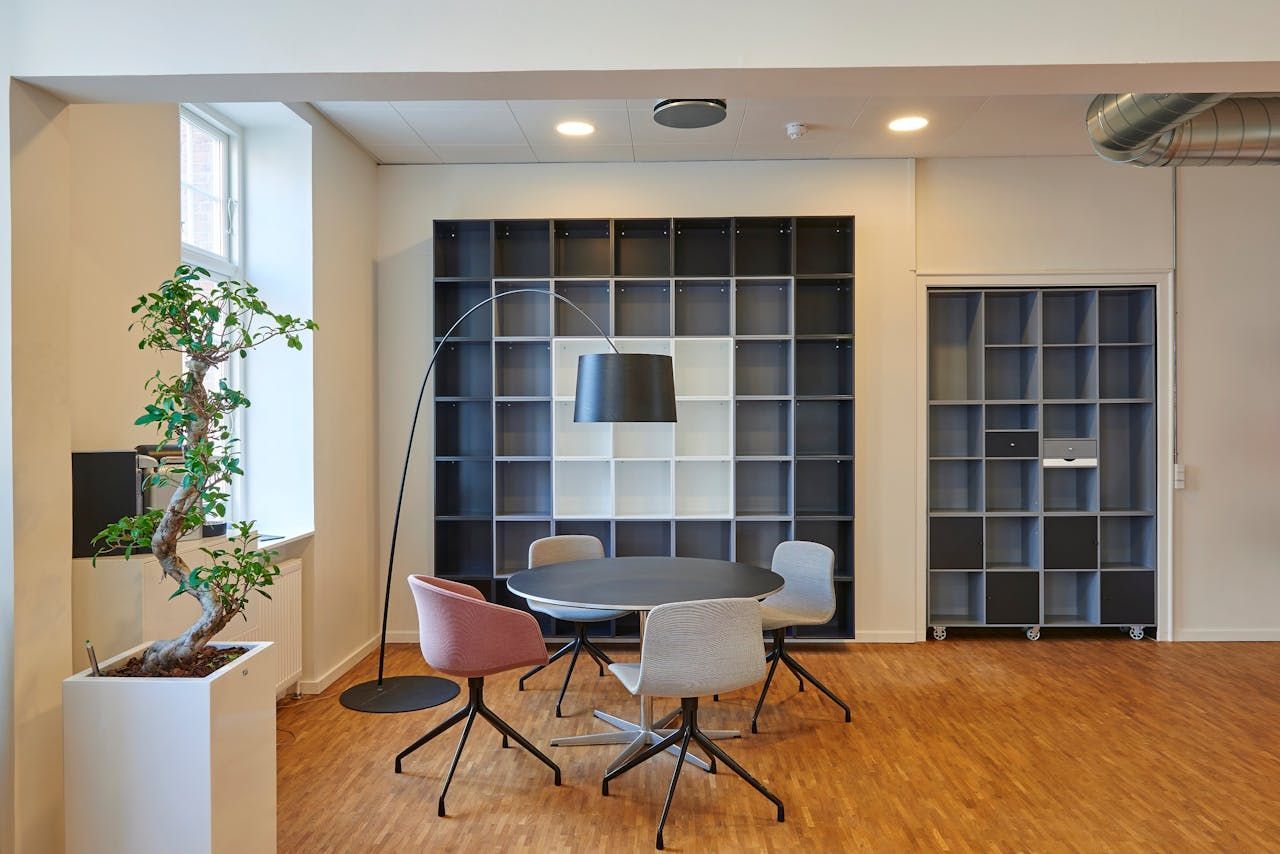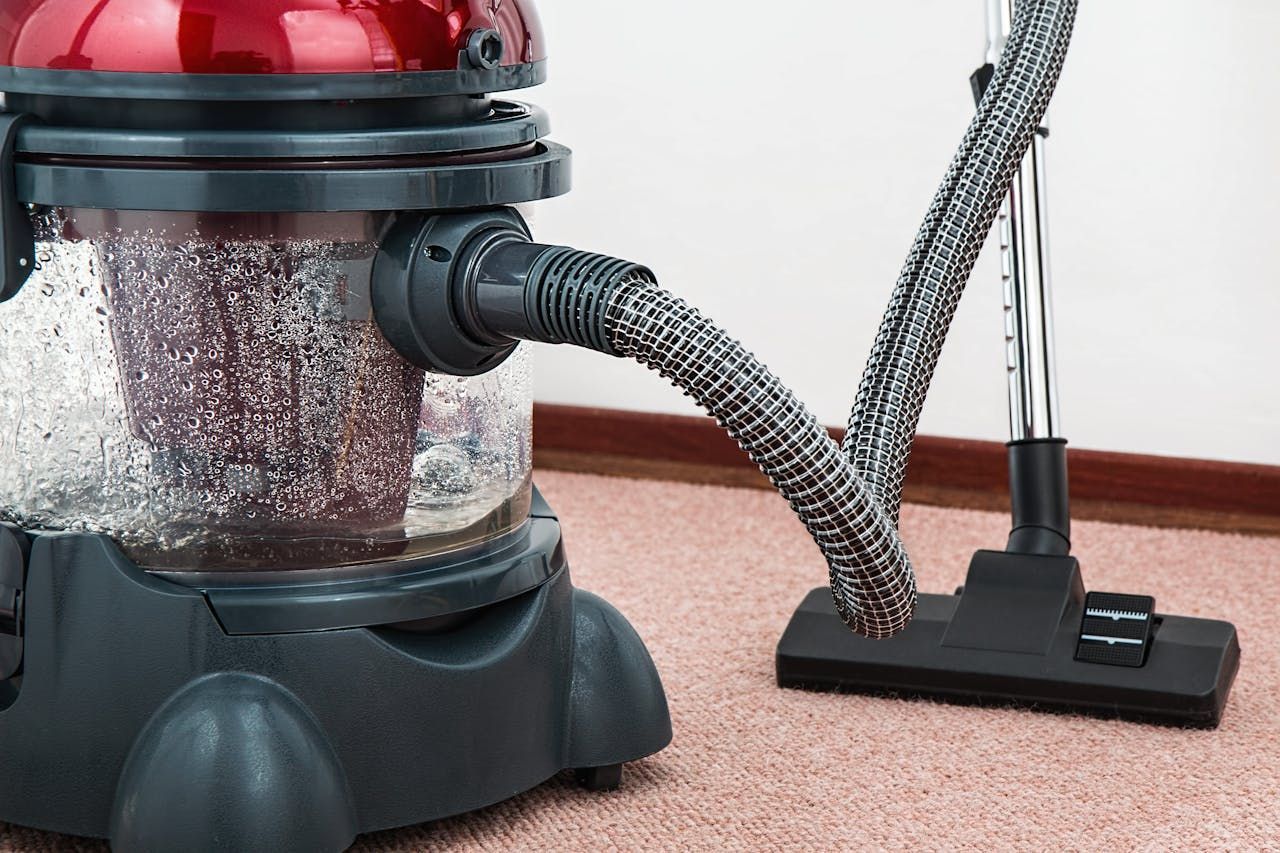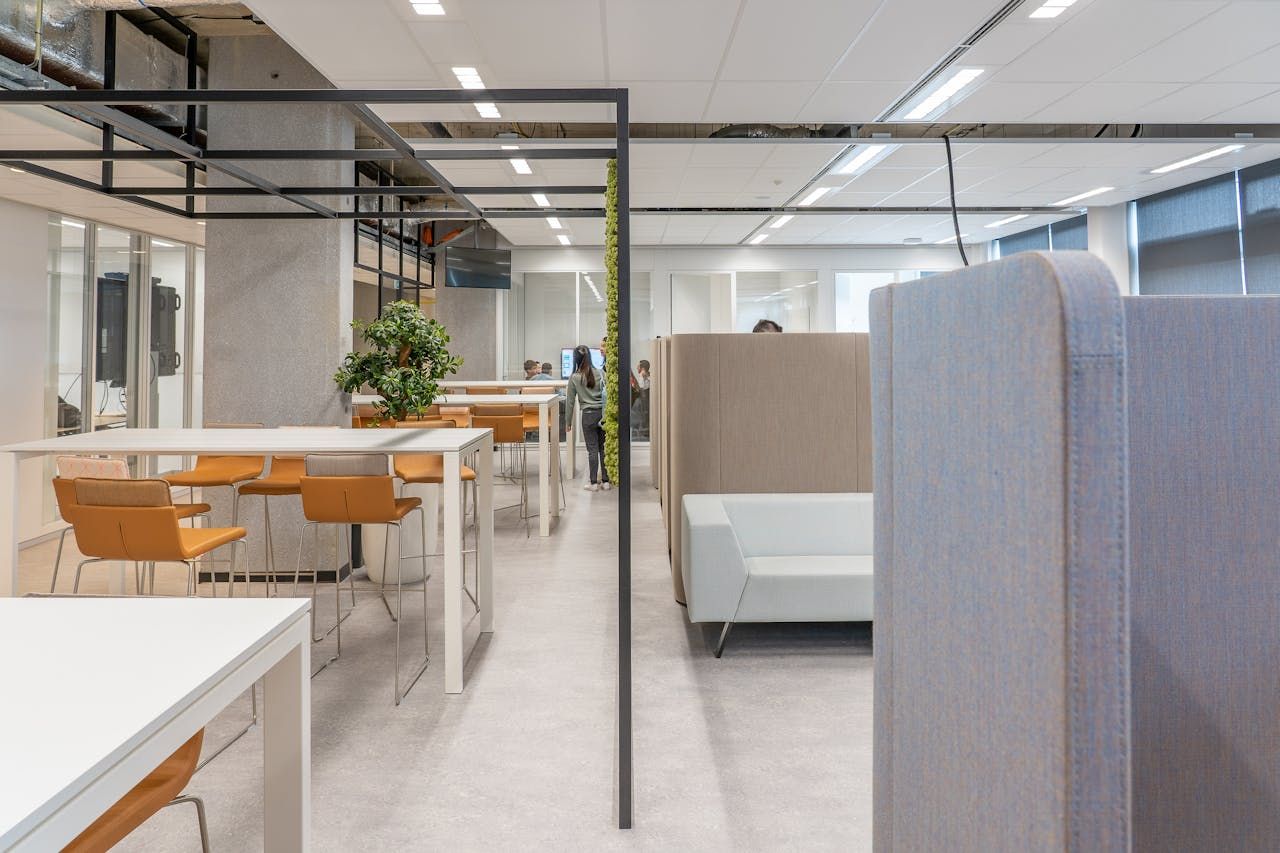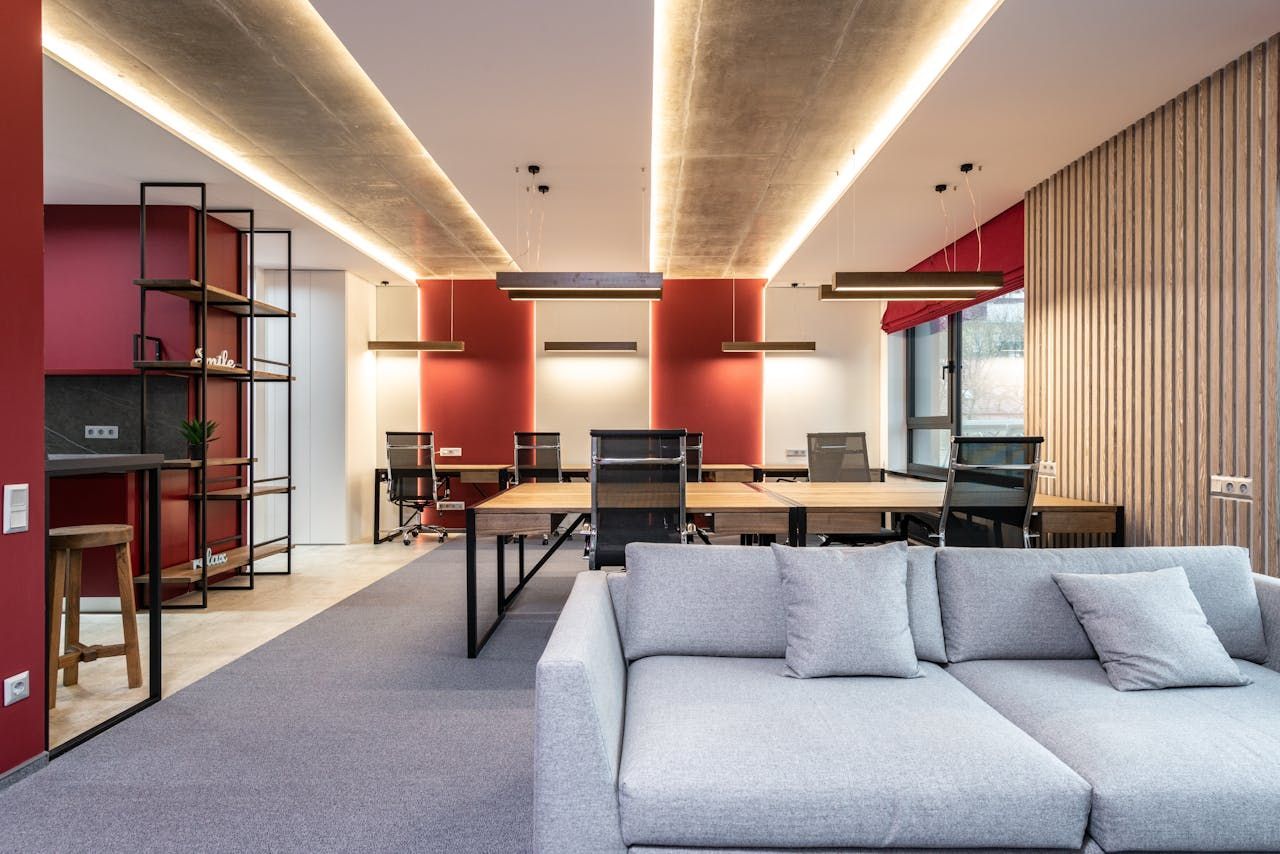Maintaining Office Morale: The Office Manager's Playbook
It’s no secret that a team that feels appreciated will feel more motivated to do their best. But it’s not just about appreciation. Morale within a business is the unseen backbone, keeping your people working together and to the best of their abilities.
If morale is low, cracks can form within your organisation, and that’s where problems can start.
Maintaining morale is essential to ensuring your staff has everything they need to succeed and thrive. Here are some ideas for ensuring your team maintains their morale.
The Importance Of Morale
First, picture a messy workplace where the employees feel ignored, unappreciated and even uncomfortable. Now, imagine a clean and tidy office space where a team feels connected, motivated, heard and valued. There’s a huge difference in results, and it can be the determining factor between a successful, robust company culture and a workplace where employees simply don’t want to be.
A positive work culture naturally encourages a sense of collaboration, excitement and purpose. Employees who feel their best efforts are appreciated are more likely to give their all rather than hold back. Culture should be more than a buzzword; it should be the lifeblood of your workplace, shaping the positive attitude of your team. When it is, you get a lot in return…
Productivity
If productivity is your goal, then appreciated individuals should be your route. By letting each member of your workforce know that they are valued, they’re more likely to invest their energy into getting better results.
Job Satisfaction
If your employees are happy at work, your employees will be more satisfied with their jobs. It sounds simple because it is. Morale is so closely linked to job satisfaction, it can affect how your team views their role within your workplace.
Employer Reputation
Satisfied employees benefit your organisation in less obvious ways too, such as employer reputation. Word quickly spreads about what it’s like working for your business, so positive experiences mean attracting and keeping high-calibre employees in a competitive job market.
Lower Staff Turnover
Similarly, if your workplace is an enjoyable and rewarding place to be, your employees are much less likely to move on or take other job offers. Establishing yourself as an ideal place to work means a lower staff turnover that positively impacts the bottom line and team continuity.
Less Burnout
Having positive workplace morale means your team doesn't have to fight off burnout when your office is busy. Burnout has become a prominent issue in the modern, high-pressure work culture, but being proactive about your team’s mental and physical well-being can be the ultimate antidote.
Signs Your Organisation Has Low Morale
Now you know the power of good office morale, how can you identify if your workplace has low morale? There are a few clear indicators that your office may be in need of a serious morale overhaul.
Teams & Departments Siloed
Low morale will often show itself as teams and departments being isolated. This could mean poor connection, ineffective communication or physical barriers to staying connected with the rest of the workforce. This will usually lead to low overall efficiency in the office.
High Staff Turnover
If you have frequent departures from your team, then this can indicate that employees are not feeling motivated or welcome in their roles. This revolving door of staff turnovers can be a big financial and logistical burden on your business.
Negativity
Working in a negative atmosphere will never result in an effective, cohesive team. In a toxic work environment, your staff are not focused on being their best. They are worried about social issues, job security, or even looking for another job.
Poor Performance
All of these factors will create a breeding ground for poor overall performance. Deadlines may not be met, creativity will be stunted and the output of your office will noticeably decline as time goes on.
Morale Boosting Strategies
Creating a company culture that celebrates and supports its people is essential to maintaining morale. Businesses that recognise and reward talent are often the ones that stride ahead in profitability.
Your office culture needs to be a positive one where people feel connected to one another. The them vs us of staff, management and directors can be a barrier to teamwork. You can mitigate this through various strategies such as…
Recognition Schemes
Recognising hard work or exceptional results means people are more likely to try their best. You can utilise:
Rewards - such as money, gift cards or extra time off.- Recognition - public acclaim in team meetings or on leaderboards.
- Some people prefer private recognition - you need to get to know your team and what makes them tick.
Team Building
Consider running events that allow people to connect and build relationships. Use a mix of structured events, like team building days designed to improve skills like communication and trust, and social events designed to allow people to relax and be less formal.
This will allow your team to find their places with each other, become comfortable in different situations, and carry that new sense of camaraderie into the workplace.

Wellbeing Initiatives
Mental and physical health is essential for a healthy team. Staff wellbeing is all about understanding people and their wants and needs.
- Specialists
You could consider bringing in specialists to visit your workplace monthly, including counselling, massage and fitness.
- Ensure people have enough downtime
Encourage offline time when not in the office (not emailing in the evenings, weekends, etc).
- Check-ins
To see how people are managing workloads.
- Hybrid working
Working from home reduces travel time and overall stress for staff. But it’s still good if an alternative can be provided, as some people don’t want to work from home.
Communication
Good morale is rooted in communication. People want to feel valued and listened to.
The goals of businesses are a shared responsibility, so reaching them is also shared. Some businesses suffer from leadership that doesn’t take responsibility, and staff can feel unmotivated as they always feel like they’re being blamed or burdened (like bosses who don’t pitch in with the work but make staff feel responsible when targets are missed). The solution can be:
- Open communication between departments and ranks.
Poor communication can lead to resentment and frustration.
- Policies or practices against office gossip and cliques.
To reduce the likelihood of workplace bullying.
- Regular chances to speak up
Provide regular, scheduled opportunities for staff to speak their mind or raise issues either 1-on-1 or anonymously.
Making Morale An Office Priority
Office morale is more than arranging pizza party Fridays and hoping people know they’re appreciated. It’s about defining the company culture and ensuring work is done to instil that into everyday activities.
Build on the long-term success of your organisation by ensuring your workplace is clean, organised and welcoming to your team.
Request a quote
from our expert office cleaners today.
